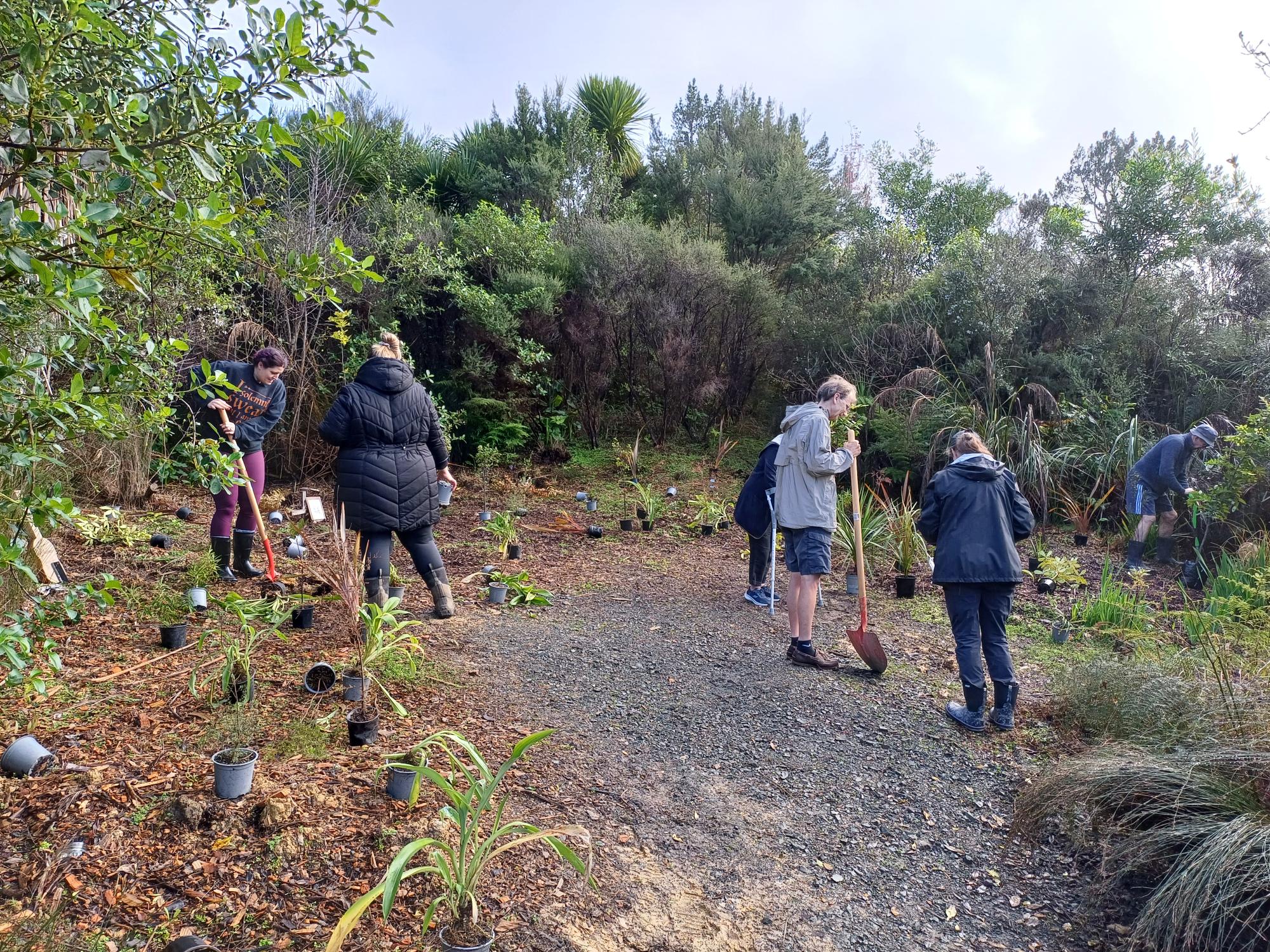Learning to admire and respect nature is one of the most important lessons young people learn in school, and something ideally developed continuously throughout their years on the school grounds.

In recent years, many religious schools have found that creating gardens using biblical plants is a highly effective way to instil in students an admiration for ecology and develop an interest to care for nature – literally weaving the school curriculum and values into the landscape.
Conversely, many of the facets of these gardens are highly symbolic, for instance one typically powerful design treatment being the use of a row boat. This references many biblical stories, for example that of apostles whom were fishermen; Peter called out of the boat by Jesus to walk on water as a test of his faith; or that, like a boat on the ocean, lived experience includes times of calm and times of storms.
According to Martin Crabb from Programmed Property Services, who has worked with a number of schools in advising on biblical grounds and landscaping projects, the physical setting has been shown to help students visualise abstract metaphors which often prove difficult to grasp. However, he explains that the most significant benefit schools find is the ability to link ecology and religious studies.
These outdoor spaces are ideal when students require one-to-one counselling, allowing teachers to break down barriers outside the usual classroom or school office environment.
Another key benefit is the ability to create a perfect venue for taking music outside. Then there’s the wonderful capacity of plants and landscaped outdoor areas to stimulate all the senses – sound, sight, smell, touch and taste being one of the best ways for young people to experience and learn about the world.
But most importantly, Crabb says, history can be brought alive though biblical gardens, for example linking stories of Saint Francis of Assisi who taught people to protect and enjoy nature, and Pope Francis’s ongoing campaign to protect nature.
“There are 148 plants described in the Bible and all of them can be used to tell a story,” Crabb says.
“Take the common bay tree or laurel – laurus nobilis in Latin, which means ‘praise’ and ‘nobility’. Why not use it as a hedge? The leaves have a culinary value, and they could even be used in home economics classes.”
There are hundreds more stories like that, with plants ranging from almonds and coriander through to olives and wormwood.
Click here to contact Programmed Property Services for more information from the landscaping services team.




